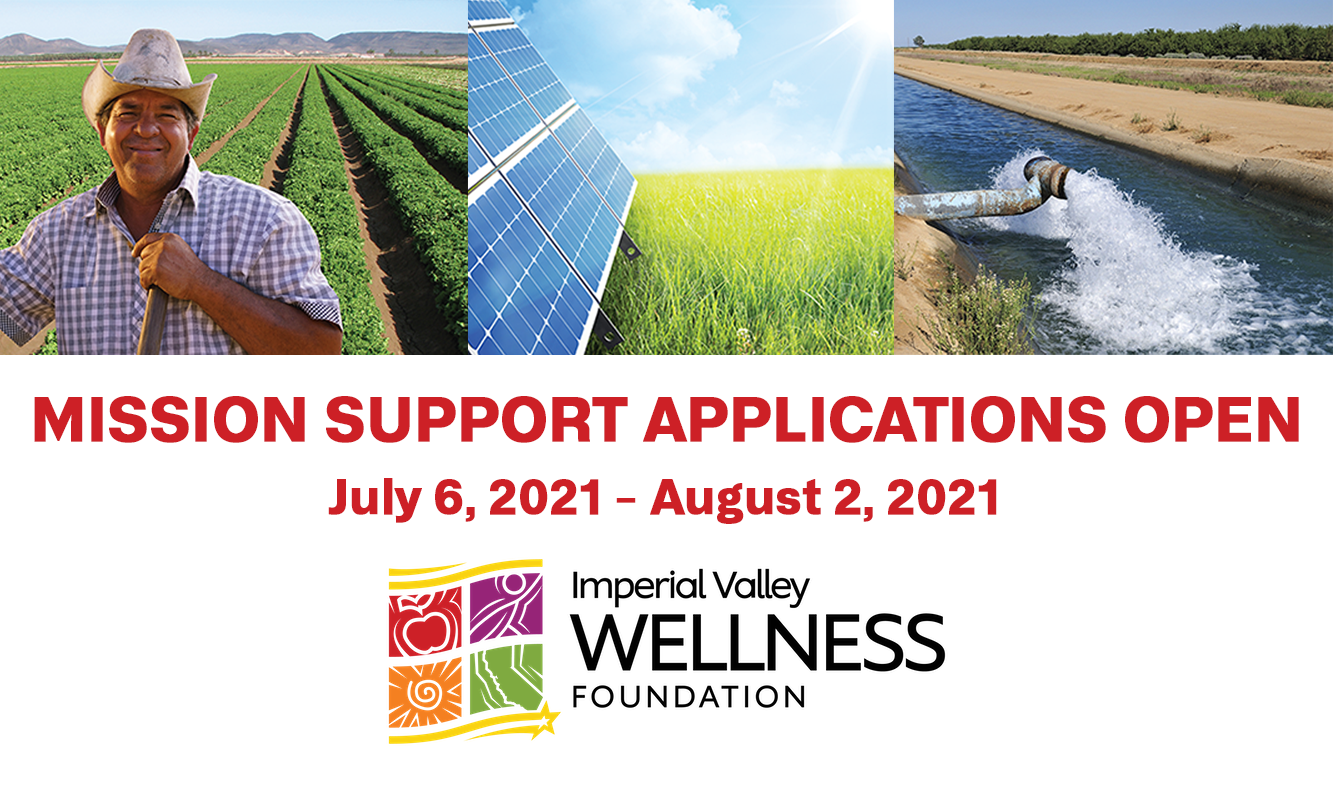November 10, 2017
Tomorrow is Veterans Day, when we celebrate and honor those who’ve served in the United States military, and we thank them for their service. Serving in the military takes real dedication and courage, especially for anyone who’s served in a war zone, so it seems especially cruel and unfair when those who have served our country with honor find themselves homeless and struggling. This Veterans Day, we thought we’d take a closer look at the problem of veteran homelessness to try to understand its root causes and learn more about what’s being done to make sure that all our military personnel have the resources they need once their service is over.
A quick look at the numbers
According to the U.S. Department of Housing and Urban Development (HUD), over 39,000 veterans in this country are homeless on any given night in this country. Not surprisingly given the demographics of the military, the majority of homeless veterans are men, with 9% of those being women. More surprising is the fact that almost half the homeless veterans are African-American or Hispanic even though they make up only about 14% of the population collectively.
Why are veterans homeless?
Homelessness is a complex issue, and the reasons why many veterans are homeless are the same reasons many people are homeless—inability to find work or affordable housing, lack of family or support network, mental health difficulties, and substance abuse issues. In addition, many veterans, especially those who’ve served in combat roles, suffer from Post-Traumatic Stress Disorder (PTSD) at much higher rates than non-veterans. Many veterans also find that the skills and training they receive in the military do not translate well into civilian life, so sometimes finding meaningful employment after their service can be difficult.
What about the U.S. Department of Veterans Affairs? Don’t they take care of homeless veterans?
The U.S. Department of Veterans Affairs—the “VA”—is the lead organization in helping homeless veterans find housing. They provide permanent supportive housing directly to homeless veterans through their Veterans Administration Supportive Housing (VASH) program, and they work with community partners to provide rapid rehousing through their Supportive Services for Veteran Families (SSVF). Temporary, transitional housing resources are provided through their Grant and Per Diem (GPD) program. Since 1987 they’ve helped fund an estimated 15,000 rehabilitative and transitional beds and an estimated 30,000 permanent beds for veterans. Studies show that these efforts have resulted in a 70% decrease in the number of homeless veterans since 2005, but that still leaves a large number of veterans who remain homeless.
Homeless veterans in San Diego and Imperial Counties
In Imperial County, homeless veterans make up an estimated 11% of the homeless population. In San Diego, the percentages are comparable. An annual count of the homeless this past January found that there are 9,116 homeless people in San Diego County with 1,054 of those being homeless veterans. It should be noted, however, it is hard to verify these numbers because homeless individuals often live in the shadows where they are difficult to count.
San Diego has had good success in reducing veteran homelessness through its participation in the 25 Cities Initiative. Dovetailing that was the city’s Housing Our Heroes (HOH) program, which furthered progress by providing incentives for landlords to rent to homeless veterans. This program launched in March of 2016 with the goal of housing 1,000 homeless veterans within a year. Though the initiative missed the deadline by seven months, it did eventually meet its goal. However, the initiative only focused on the City of San Diego and parts of National City, and it’s unclear how many additional homeless veterans there are across the county. Housing Our Heroes acknowledges that there are still probably 500 homeless veterans in San Diego, and challenges remain to make sure that newly housed veterans remain housed over the long run.
Homeless veterans have also benefited from the County of San Diego’s Project One For All, which has done a tremendous job of providing intensive wraparound services, including mental health counseling and housing, for homeless individuals with serious mental illness.
Looking ahead
With the overall number of homeless at a tipping point in San Diego County, and with the recent outbreak of Hepatitis A, which started in the homeless community, there is a real push to address the homelessness issue in the region in a significant way. Homeless veterans will certainly be helped by these efforts along with the general homeless population, but it’s important to remember that homeless veterans have unique needs that require specialized assistance from local veterans organizations. In Imperial County, the work of the Imperial Valley Continuum of Care over the past several years has galvanized the community, increased federal funds to the region, and resulted in building a system that addresses homelessness in the county. Both counties still have work to do, but we are encouraged by the efforts made, at all levels, to tackle this head on.
This Veteran’s Day, we hope everyone remembers to honor and thank military veterans for their service. If you would like to help make an impact in reducing the number of homeless veterans, consider getting involved with local organizations such as zero8hundred who help veterans and their families transition to civilian life in San Diego County. In Imperial County you can contact the Imperial County Work Training Center. If you are a veteran in San Diego County and need help accessing services, please dial 2-1-1 and follow the prompts for Courage to Call to speak with a fellow veteran who can help.
Contact Us
What efforts are you seeing in your community to address veteran homelessness? What kinds of approaches seem to be working the best? Let us know!
 Interested in knowing more about our grantees working on homelessness issues? Leave us a comment on Facebook or send us a tweet @AllianceHF to continue the conversation. We’d love to hear your thoughts, answer your questions, or provide resources as needed.
Interested in knowing more about our grantees working on homelessness issues? Leave us a comment on Facebook or send us a tweet @AllianceHF to continue the conversation. We’d love to hear your thoughts, answer your questions, or provide resources as needed.
– Nancy Sasaki, Executive Director
Alliance Healthcare Foundation
Related News

Jul 13, 2023
Grants, Pro Bono Consulting & Conferences
Partner News + Opportunities Grants, Pro Bono Consulting and Conferences [...]

Jul 12, 2022
Imperial Valley Wellness Foundation: Opens 2022 Mission Support Applications
Imperial Valley Wellness Foundation Opens Mission Support Funding Application El [...]

Jun 14, 2022
AHF Job Opening
Wanted: Senior Director of Strategy & External Relations and other [...]
